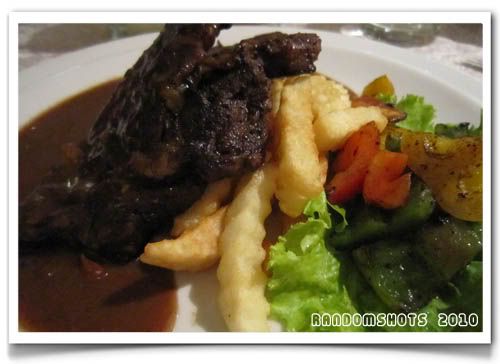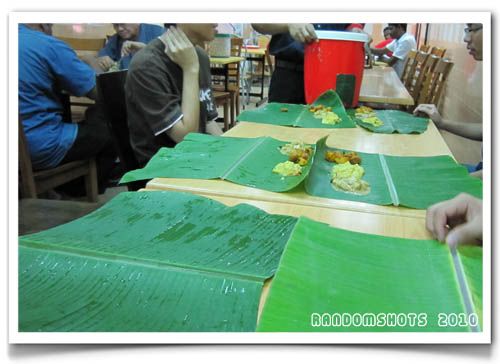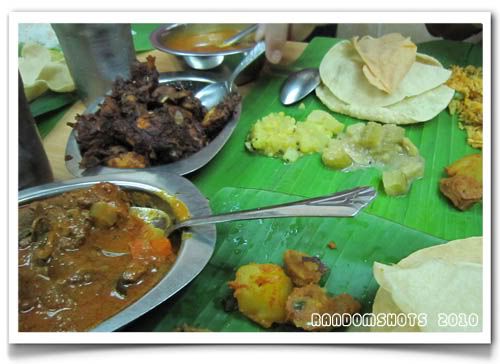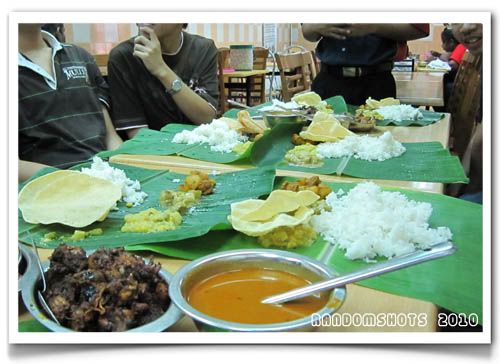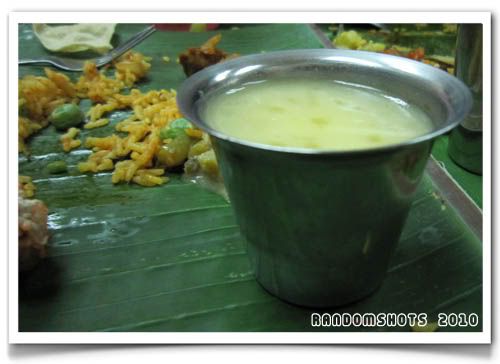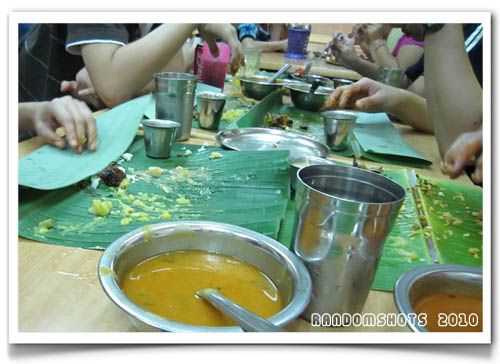..
.by Karl Marlantes. This took super duper long to finish cos the story felt so duper slow in the beginning. In between I took time to read
Book 28.
Think Marine Corps - their
Semper Fi (Fi for Fidelis), leave no Marines behind; there's this notion of loyalty to the death attached to it. The actual meaning of the phrase is "
Always Faithful".
Anyway, I almost wanted to put down the book in the early chapters cos it was going on and on in one spot. But I've this thing about quitting things once I started. So, I made myself continue and the book got better as I progressed. Instead of being put off by the ever colourful language of the Marines, I began to see some of the other issues. The "F" word is never far. But I realised that the word itself implies the fear and longing in each of them to make it out alive. Desperate people do desperate things.... foul language is just a form of bravado, to cite yourself to what you feel is certain death.
War is stupid. Vietnam war is no different. Countless young men sent to their doom. The main character Mellas, a reservist in charge of the platoon provides the heartbeat to the novel. Going to war with ambitions (with a Princeton education he wanted 'war' on his resume as he wanted to be a politician) we slowly see the transformation as his lofty pursuits took a backseat to survival.
Out in the bush, fighting a meaningless war, with politician-like commanders, and left out to the extremes of the bush with resupplies coming in short, wild tigers, even without the NVA soldiers, life hung precariously. They take Matterhorn (a hill) then left it and the NVAs came and bunkered in. Then they had to fight to retake it, in the process many died brutal deaths, and finally to leave it again. Makes you wonder the logic in it all safe for the fact that you want as many NVAs to die, more of a senseless war of attrition. In wearing the other party down, you wear yourself down too. Not a smart move.
And set in the 60s when America was at the height of its racial prejudices (KKK and Panthers), enmity and bitterness were also brought into the Vietnam war. You begin to wonder why these people actually fight together, the whites and blacks. Yet, the same extremities above also brought them to depend on each other, form comradeship.
Anger, hatred, differences... it's silly to go to war. It's silly to harbour them. Sometimes it's just best to walk away. Wars over ideology and wars over greed and conquest are different. One is worth fighting, the other is not just worth it. But then again, within each one, the lines can be kinda thin too sometimes.
Semper Fi... it's admirable how the Marines carried even their dead (turning putrid, emitting foul stenches) back to base so that they can be airlifted home. I have my couple of 'hopeless but alive' students and I'm thinking of abandoning them.... and I justify it by saying that they bog the others down... I could think of many more reasons still but this kinda made me think too.
Our educators too are politicians. They too watch from afar and demand results... and they cheer to themselves when things turn out well... good staff work they call it. Out in the field, we are very often left to fend for ourselves. And this is where good colleagues come in... it would be a double bonus if our 'platoon leaders' (Principals and co) stand and battle on with us.... but that too is a scarcity these days. Many HMs lack substance and you get the feeling that professionalism has been replaced with vindictiveness, that schools are run like little fiefdoms, sometimes. Empowerment be damned. The lack of need to actually go down into the 'battlefield' has also turned them into beaurocrats cum politicians.
This being book number 29. And a really interesting read in the end too.


